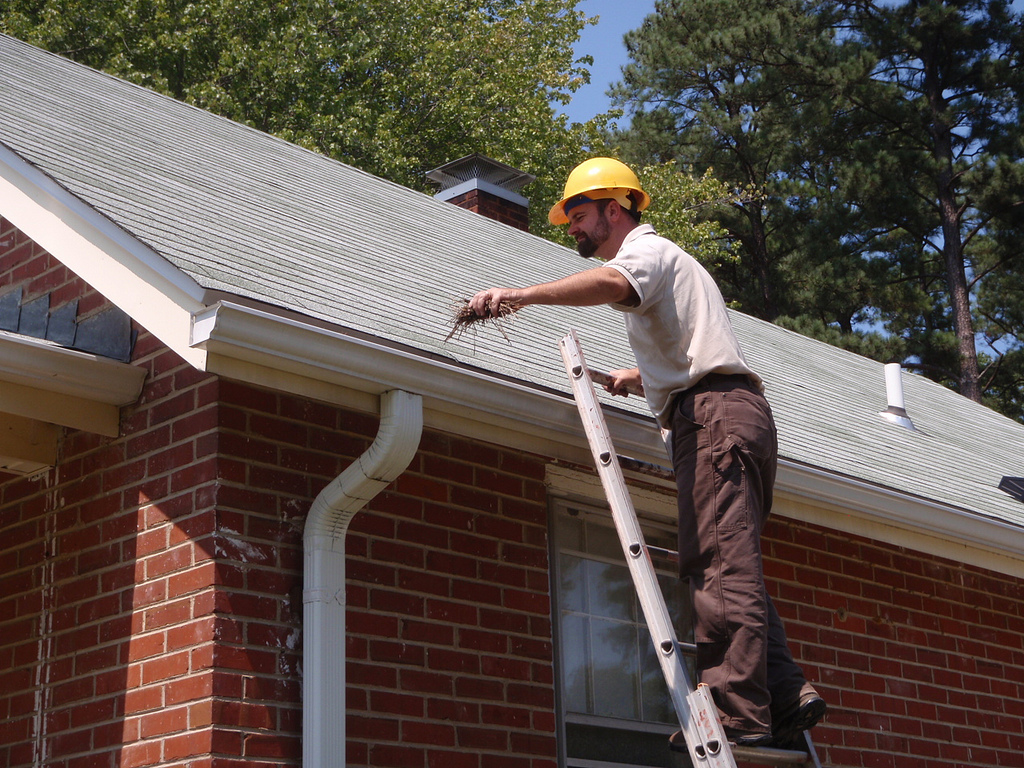Fall Showers Bring Flooded Basements: What You Can Do About It

Whenever the seasons change, many homeowners wince and think about their foundation. Moving from winter to spring means snowmelt that could make its way into your basement; autumn to winter means hydrostatic pressure pushing moisture onto your warm(er) basement walls as they thaw the soil surrounding them. Why can’t the weather be the same all year round in Canada?
The move from summer to autumn brings its own set of challenges and concerns. Two things falling from above mean trouble for your basement if it’s not properly protected: rain and leaves.
Rain and Leaves: A Bad Combination

Autumn in Canada can be pretty unpredictable, but the rains can be pretty severe. When it’s pouring, the soil becomes saturated as rain leaches through the soil, and hydrostatic pressure pushes this water onto your foundation. Pretty simple, right?
Yes, but there’s something that can make the problem worse (it’s also simple, don’t worry). This second factor is the leaves that fall during this season and presumably give it its name. When heavy rains come through your area, they help the trees shed their leaves and carry them down to where the water is draining. This means clogged gutters, spouts, and storm drains. Don’t always count on the city to clear the storm drains for you, either; as one Toronto Star report shows, a lot of people have to take matters into their own hands to prevent flooding.
The leaves that clog up your gutters can cause the water that should be flowing through them and out the downspout to pour over the sides. This water will pool around your foundation, and even if you have good sloping and drainage that directs rain away from the basement, you can still be affected by this water.
What Can You Do?
First things first: get out the ladder, get on the roof, and clean out your gutters! It’s a chore you know you’ve been putting off anyway. Try and do this on a clear day though, not during the rainstorm that could create your leaky basement. You can also extend the reach of your downspouts, getting as far away from your foundation as possible.
After this, try and do some simple repairs that could prevent leakage before it happens. Do a perimeter check both inside and out to see if there are any noticeable cracks and crumbling. Some simple masonry and caulking can seal wall cracks and any gaps in the windows and doors.
If you notice any large cracks or your basement is leaking badly, seemingly without cause, call us ASAP! You might need a more intrusive solution that’s best done before the ground freezes solid. You’ll be glad you did come spring!

